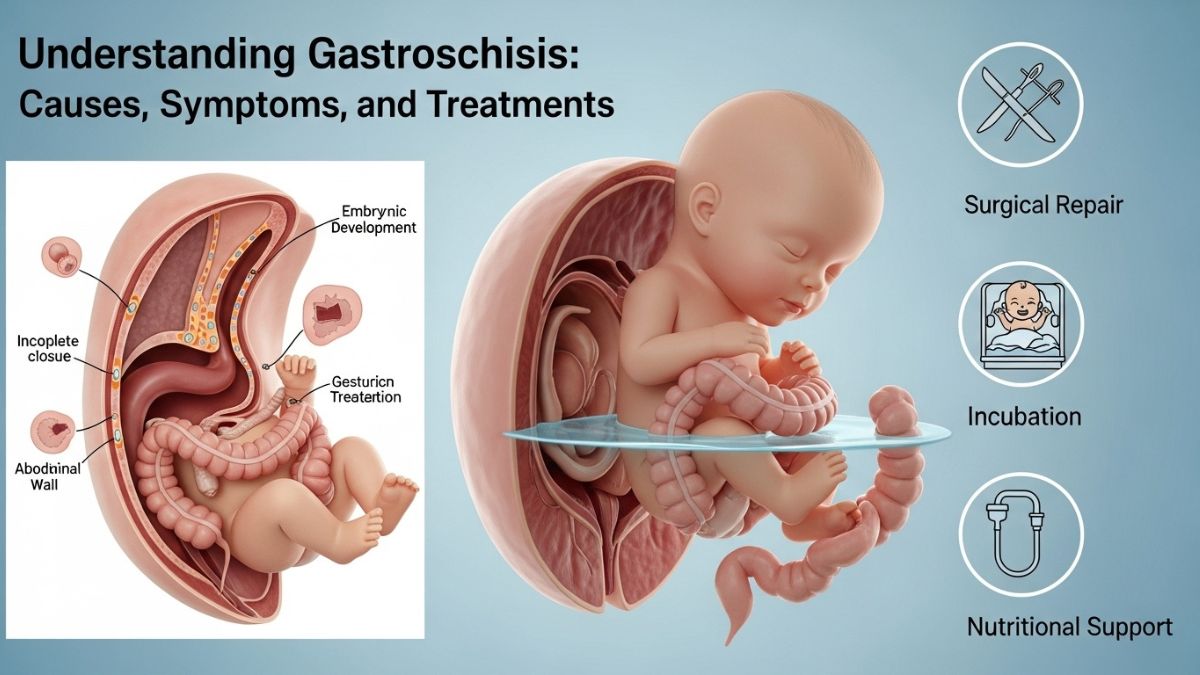You’re brushing your teeth like you always do — nothing rough, nothing out of the ordinary. Then you spit into the sink and see it: pink foam or streaks of red. Bleeding gums might seem like a minor annoyance, but it’s often a sign that something isn’t quite right. And while it’s easy to shrug it off, doing so could mean ignoring the early stages of gum disease — or missing out on the chance to fix a problem before it gets serious.
One of the best things you can do is speak with a qualified Dentist Forrestfield professional, who can help you pinpoint the cause and recommend the right treatment before things progress further.
What Causes Bleeding Gums?
There are several possible reasons your gums might bleed during brushing or flossing, and some are more serious than others. Common causes include:
1. Gingivitis
This is the most frequent cause. Gingivitis is inflammation of the gums, usually caused by plaque buildup around the gumline. When plaque isn’t removed properly, it irritates the gums, making them red, swollen, and prone to bleeding.
2. Brushing Too Hard
If you’re using a hard-bristled toothbrush or pressing too firmly, you could be damaging your gum tissue. While it’s important to clean thoroughly, brushing should never cause pain or bleeding.
3. New Flossing Habits
Starting a flossing routine (or flossing more aggressively than usual) can cause minor bleeding at first. This usually improves within a few days as your gums adjust.
4. Poor Oral Hygiene
Inconsistent brushing or skipping flossing allows plaque and bacteria to thrive, increasing the chances of gum irritation.
5. Underlying Health Conditions
Certain conditions like diabetes, vitamin deficiencies, or hormonal changes (such as pregnancy) can make gums more sensitive and prone to bleeding.
Why It’s a Warning Sign You Shouldn’t Ignore
While the occasional trace of blood isn’t always cause for alarm, frequent or ongoing gum bleeding should never be considered normal. Ignoring it allows gum disease to progress from gingivitis to periodontitis — a more serious condition that affects the bones and structures supporting your teeth.
Unchecked, this can lead to:
- Gum recession
- Chronic bad breath
- Loose teeth
- Tooth loss
- Systemic inflammation that may impact heart health
Early intervention is key. Gingivitis is reversible with good care, but periodontitis often requires ongoing treatment and can cause permanent damage.
Simple Ways to Improve Gum Health
Caring for your gums doesn’t require complicated routines. A few small habits done consistently can make a big difference.
1. Brush Gently but Effectively
Use a soft-bristled toothbrush and brush for two minutes twice a day. Angle the brush at 45 degrees toward the gumline and use small circular motions — not harsh scrubbing.
2. Floss Daily (the Right Way)
Slide the floss gently between teeth and curve it around each tooth in a C-shape to clean just under the gumline. Avoid snapping it into the gums, which can cause damage.
3. Use an Antibacterial Mouthwash
Rinsing with a mouthwash that fights bacteria can help reduce inflammation and freshen breath. Look for options containing chlorhexidine or essential oils.
4. Stay on Top of Dental Visits
Routine check-ups and professional cleanings help prevent and treat early signs of gum disease before they become bigger issues.
5. Watch What You Eat
A balanced diet supports oral health. Vitamin C and calcium are particularly important for strong gums and teeth.
When to See a Professional
If your gums are bleeding regularly, it’s best to seek advice from a dental professional. You should book an appointment if you notice:
- Bleeding for more than a few days, especially when brushing gently
- Swollen, red, or tender gums
- Persistent bad breath
- Gums pulling away from your teeth
- Loose or shifting teeth
Even if things seem mild, a quick check-up can either offer peace of mind or catch something early before it becomes more serious.
Don’t Wait for It to Get Worse
Bleeding gums aren’t just a surface issue — they’re your body’s way of letting you know that something needs attention. Thankfully, with a bit of care and consistency, you can usually turn things around quickly. The most important step is not to ignore it.
By making small changes to your daily routine and getting guidance from a dental expert, you can protect your gum health, support your overall wellbeing, and keep your smile strong for years to come.















